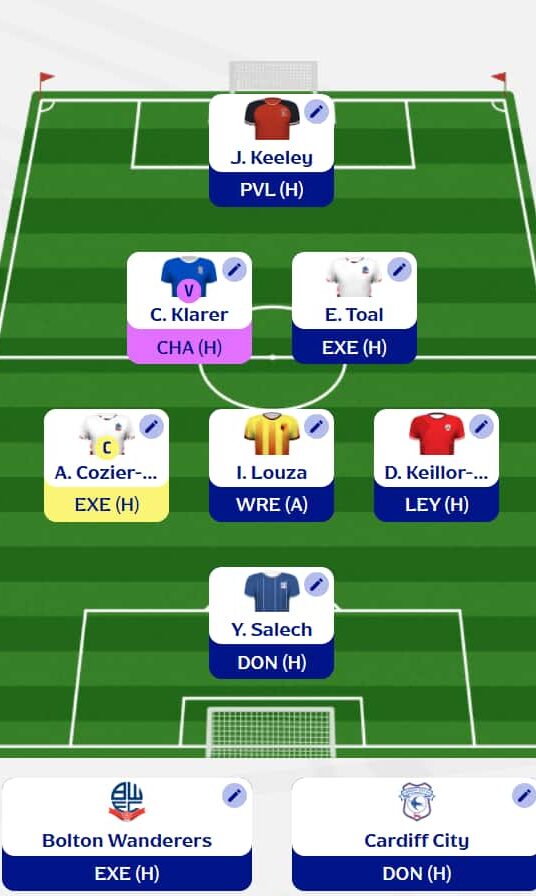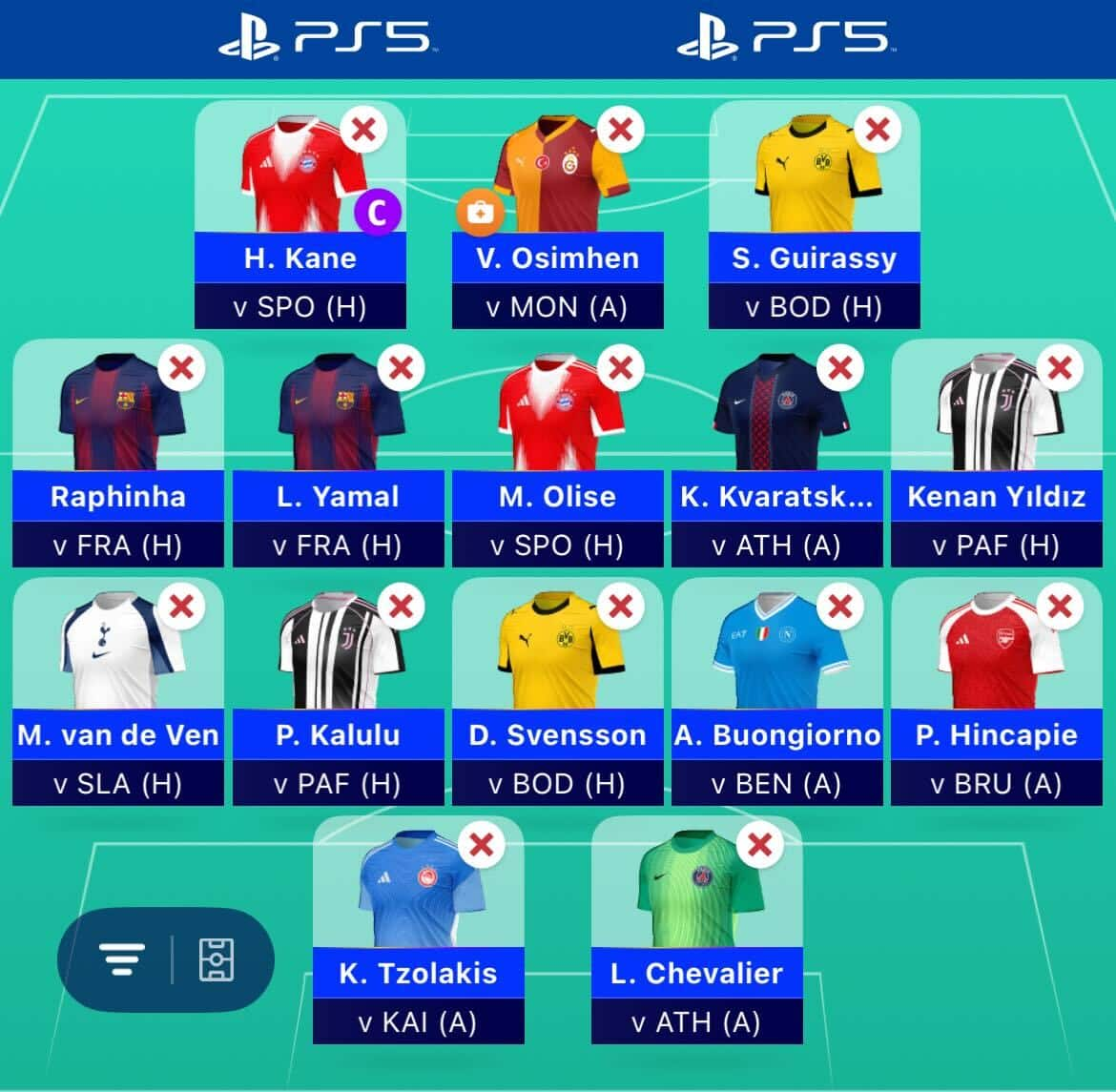The format for the Euro 2020 fantasy game is vastly different than what we are normally used to in Fantasy Premier League and is far closer to that of Daily Fantasy games which are much less popular on this site. The strategy of FPL is based on picking the best value players in each position and the best captain each week so that in the long run you score the most points. In the daily fantasy games the strategy is much different due to the short-term nature and the high variance of outcomes in these formats. While the Euro 2021 game is not over one Gameweek, the concepts from DF are still highly applicable and I believe are crucial in deciding how best to pick a team. The best DF managers use a concept from Maths/Economics called Game Theory to choose their players.
Game Theory – A branch of mathematics that deals with strategies for maximizing gains or minimizing losses in competitive situations having defined constraints and involving random factors.
The optimal game theory strategy in these games when you are trying to finish in first place versus many opponents is focused on maximising win percentage rather than maximising points. In FPL, these two strategies are for all intents and purposes the same thing until the last few Gameweeks. Maximising win percentage is mainly achieved through manipulating the ownership percentage of your team. This information is so important in DF that it is suppressed before the deadline. Essentially, the more different your team is (within reason), the higher your chance of winning. This is because you have to beat fewer people when your lower-owned players do better than your when your opponents’ do.
At first glance this idea may seem counter-intuitive because why would anyone prefer to buy a player they expect to do worse than another. An example makes this easier to understand. Say there are 10 managers in a fantasy game, and they can choose only 1 player from a list of 2 with the winner getting £100. Player 1 is expected to score the most points 60% of the time and Player 2 40% of the time. If 9 managers choose to go for the player expected to score the most points (Player 1) they will tie for first 60% of the time, the 10th manager is incentivised to choose Player 2 because the expected payoff of doing so is higher.
Player 1 Expected Payoff – (60% * £100 * 1/9) + (40% * £0) = £6.67
Player 2 Expected Payoff – (40% * £100) + (60% * £0) = £40
Prioritise lower ownership players
Try to find the value in teams/players where other managers are not looking.
Example – Croatian players are going to be much less fancied than England’s, but they are not that much worse. Say you have 3 Croatia rather than 3 England; the payoff if Croatia win is going to be far greater to you than it will be to your opponents if England win in terms of rank.
Example – This does not mean picking Hungarians instead of French players! There is a point where the gains in win percentage from lower ownership are offset by how much worse they are.
Try to win the game
Picking 15 players with 25% ownership is not going to get the job done. There is no point hedging your bets in a 7 gameweek format with what are essentially 3 blank gameweeks from the quarter-finals onwards. All or nothing is the best approach. You will finish in the bottom 5% far more than the average manager but you will also finish top 0.1% way more than them also.
High ownership players should (mostly) be combined with their teammates
Inevitably you will have some highly owned players because they are the usually best picks, but you have to do this in the correct way.
Example – Say you have Ronaldo as your only Portuguese player, and he scores a hat-trick as your captain. Definitely a good result, however, given his popularity many will have him captain with at least one of the assisters and they will benefit the most. If you get lucky, you have got to give yourself a chance to get incredibly lucky.
Ownership percentages are not independent
There are going to combinations of players that are going to be extremely popular and those that will not be. By going for the lower-owned combinations, you give yourself a better chance to win.
Example – Choosing 2 out of Mane, Salah, De Bruyne and Sterling in FPL. Say they all have the same ownership percentage. Most will go for a combination of a Manchester City player and a Liverpool player, but rarely would they go for 2 from the same club.
Construct your team in an unorthodox way
FPL strategy is very established in this regard with player prices nicely balanced throughout the squad. Similar to the last bullet point, choosing less popular team constructions should differentiate your team significantly. A benefit of this is that you can include the better, higher owned players and still have a higher win percentage than average.
Example – Every man and his dog will have 2 of Kane, Mbappe and Ronaldo. Going for all 3 of them will be far less popular (because of budget constraints) so your team will have extremely high ownership but still be sufficiently different from the pack.
Other examples – All premium defenders, all budget defenders, every attacker mid-priced, etc.
tl;dr – High ownership is the devil and zig when everyone else zags.


